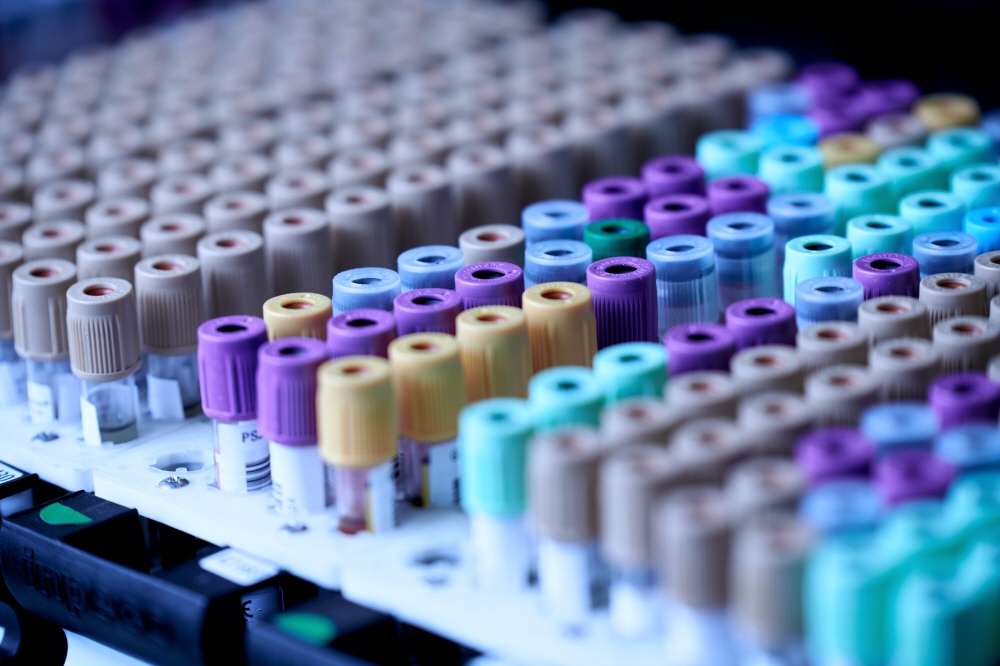
Grail, an American start-up that develops a technology for diagnosing cancer with blood tests, announced in 2020 that it has developed a blood test that can detect more than 50 types of cancer using AI. In the newly opened trial of more than 4,000 people, the Grayle blood test reported good results, and it is said that a large-scale test with 140,000 people will start in the fall of 2021.
Grail developed a blood test method to determine whether cancer is present by paying attention to the DNA methylation pattern in cfDNA (Cell Free DNA) that flows in the blood when cancer cells are immune-destroyed. In March 2020, it announced that it could detect more than 50 types of breast cancer, esophageal cancer, stomach cancer, ovarian cancer, lung cancer, multiple myelopathy, and pancreatic cancer by learning AI from blood samples taken from cancer patients.
In a new trial, the accuracy of a blood test developed by Grayle was analyzed for a total of 4,077 subjects, including 2,823 cancer patients and 1,254 control subjects. Subjects were residents of the United States and comprised the age group of 21-85 years. The average age was 62.6 years in the cancer patient group and 56.2 years in the control group, which was slightly higher in the cancer patient group.
As a result of the analysis, it was found that the Grayle blood test detects the presence with an average sensitivity of 51.5% for all cancer patients. In addition, the control group showed a specificity of 99.5%, indicating that non-cancer patients were less likely to be misdiagnosed as cancer.
The sensitivity varies depending on the stage of the cancer, with stage 1 being 16.8%, stage 2 40.4%, stage 3 77%, and stage 4 90.1%. In addition, the sensitivity of solid tumors that do not have a general screening method, such as esophageal cancer, liver cancer, and pancreatic cancer, is 65.6%. The sensitivity of back blood cancer was 55.1%.
The research team argues that early detection of cancer can increase the likelihood of successful treatment, reducing the burden on cancer patients. These data suggest that testing that can detect multiple cancers and conventional screening tests in parallel may have a significant impact on cancer detection methods and ultimately public health.
Although the test was conducted in people already diagnosed with cancer, the latest study achieves the NHS’s ambitious goal of detecting three-quarters of highly curable early-stage cancers, said Dr. Peter Johnson, NHS Cancer Clinical Director, National Health Service. “This is providing new evidence that blood tests like these are helpful,” he said. In the fall of 2021, the NHS, in collaboration with Grayle, will begin testing on 140,000 subjects, with results expected to be reported in 2023. Related information can be found here.

